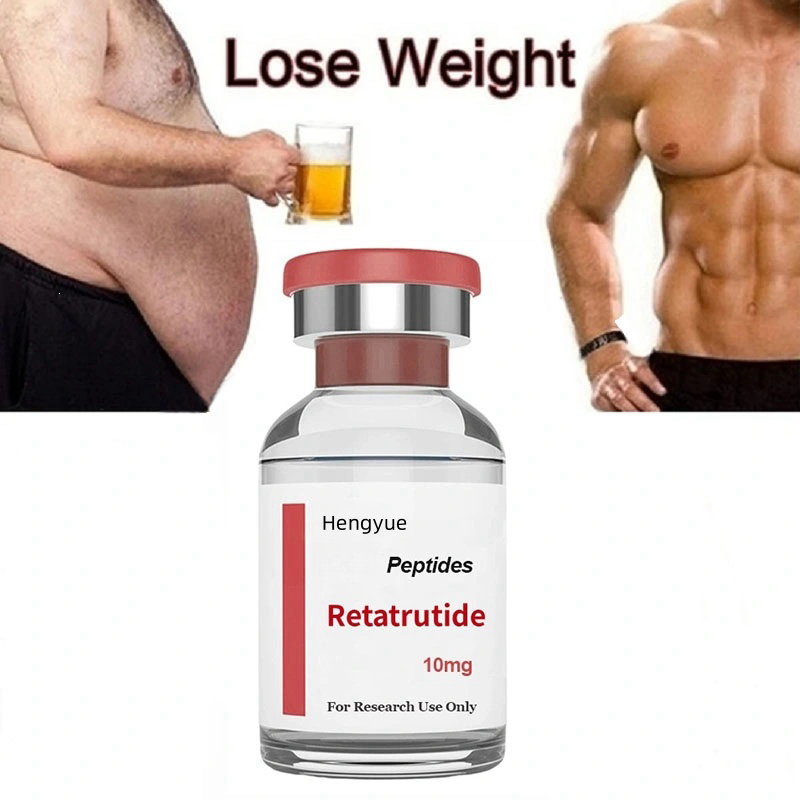-
Categories
-
Pharmaceutical Intermediates
-
Active Pharmaceutical Ingredients
-
Food Additives
- Industrial Coatings
- Agrochemicals
- Dyes and Pigments
- Surfactant
- Flavors and Fragrances
- Chemical Reagents
- Catalyst and Auxiliary
- Natural Products
- Inorganic Chemistry
-
Organic Chemistry
-
Biochemical Engineering
- Analytical Chemistry
-
Cosmetic Ingredient
- Water Treatment Chemical
-
Pharmaceutical Intermediates
Promotion
ECHEMI Mall
Wholesale
Weekly Price
Exhibition
News
-
Trade Service
On December 28th Thyda Bio, a biopharmaceutical company dedicated to the development, production and marketing of innovative drugs for major diseases such as cancer, metabolic diseases and autoimmunity, announced that its self-developed recombinant anti-VEGF humanized monoclonal antibody drug is at stake (Beva Pearl Monomass, International Trademark: Byvasda has been officially approved by China's State Drug Administration (NMPA) for the treatment of adult relapsed glioblastoma (GBM), the third adaptation approved by Dayo.
was first approved for NMPA on June 17, 2020 for the treatment of advanced non-small cell lung cancer and metastatic colorectal cancer.
2018, china added 4.285 million new cancer cases and 2.865 million deaths, according to a 2018 report by Canser Today, the World Health Organization's global oncology research organization.
, glioblastoma is the most common and malignant primary intracranial tumor in adults, accounting for nearly 57% of all gliomas, accounting for 48% of all central nervous system (CNS) primary malignancies, the incidence rate of about 3.2/100,000 population.
glioblastoma has high morbidity, high recurrence rate, high mortality rate and low cure rate.
current treatment options for glioblastoma include surgical excision, radiotherapy and chemotherapy, with a medium survival time of approximately 12-15 months, with no significant change in the past decade.
, patients urgently need more treatment options.
the launch of the original drug beval-beaded anti-injection, the world has approved its use in the treatment of non-small cell lung cancer, metastatic colorectal cancer, glioblastoma, renal cell carcinoma, cervical cancer, ovarian cancer, Ovarian cancer, peritina cancer and other solid tumors, approved in China for advanced non-small cell lung cancer, metastatic colorectal cancer and adult recurrence of glioblastoma, its significant efficacy and good safety has been widely recognized.
2009, the FDA approved bevazhu monoantigen injections for the treatment of relapsed glioblastoma.
is a recombinant anti-vascular endodermal growth factor (VEGF) humanized monoclonal antibody injection developed by Cyda Bio, a biosynthic drug of beval bead monoantigen. Dr. Hui Zhou, Vice President, Biomedical Science and Strategic Oncology,
Sinda, said, "Reocgenerative glioblastoma is the third adaptive disease approved after advanced non-small cell lung cancer and metastatic colorectal cancer.
glioma patients even after the standard postoperative radiation, chemotherapy, the prognosis is still poor, almost all patients will relapse after first-line treatment, the five-year survival rate is very low.
we really hope that Dayo will benefit more and more ordinary cancer patients in China.
In January 2020, Thyme Bio authorized its commercial interest in the United States and Canada to Coherus, a U.S. pharmaceutical company, highlighting the international recognition of the quality of Thyme Bio's research and development, and we look forward to working with Coherus to benefit more patients worldwide.
" Is also a biosynthic drug for beval-beaded monoinjeants, also known as recombinant anti-VEGF humanized monoclonal antibody injections.
VEGF is an important factor in angiogenesic process, over-pathological expression in endoblast cells in most human tumors.
anti-VEGF antibody, it can selectively bind VEGF with high affinity, blocking PI3K-Akt/PKB and Ras-Raf-MEK-ER by blocking VEGF from binding to a subject on the surface of its vascular endodermal cells The conduction of signaling paths such as K inhibits the growth, proliferation, migration and angiogenesia of endoblast cells, reduces vascular permeability, blocks the blood supply of tumor tissue, inhibits the proliferation and metastasis of tumor cells, and induces tumor apoptosis, thus achieving the therapeutic effect of anti-tumor.
。







